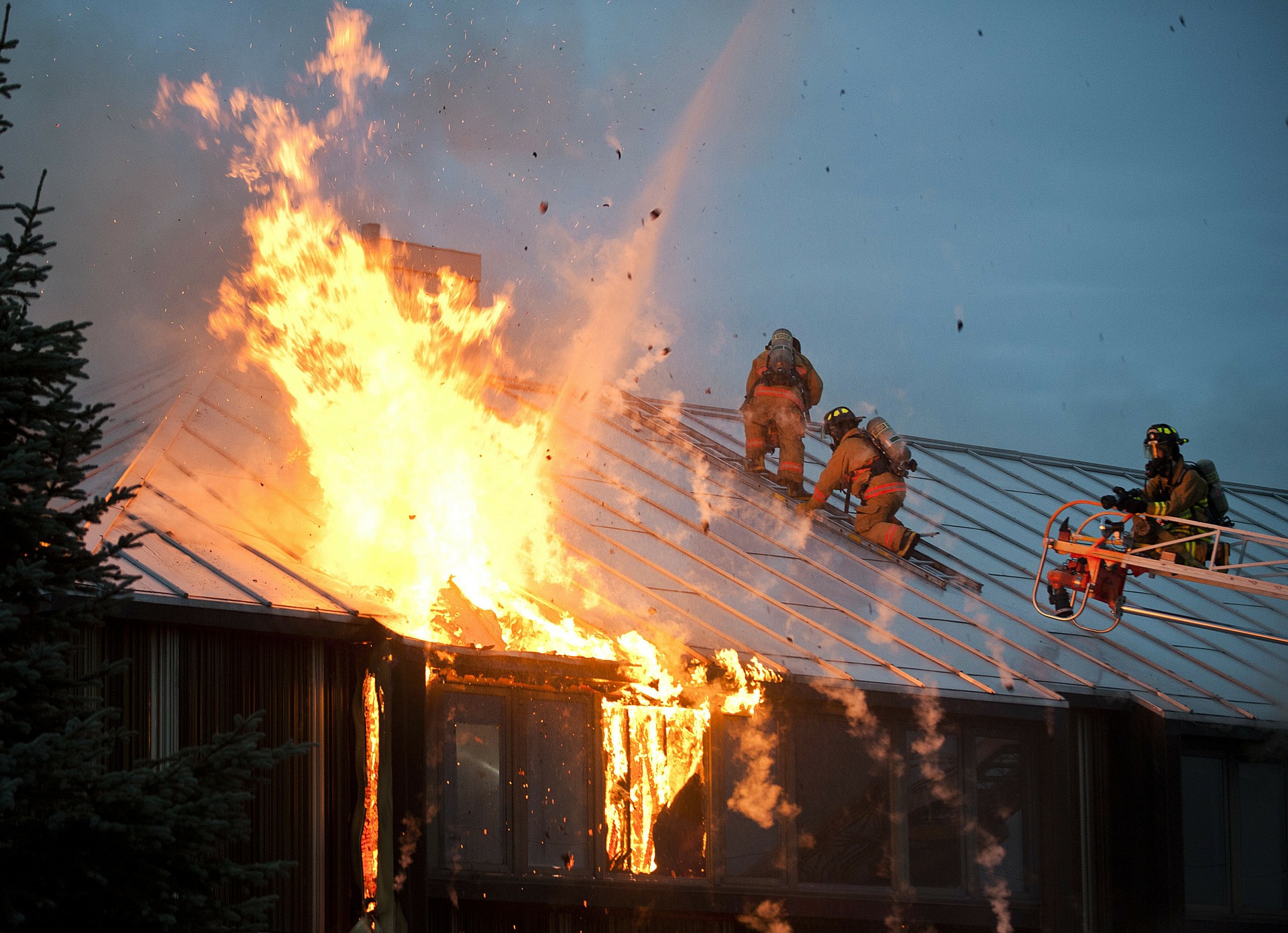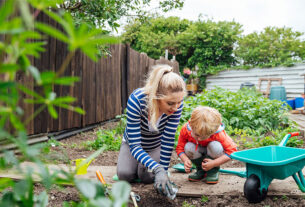 Fire prevention is essential for homeowners to ensure their homes are safe. Various studies have shown that the risk of death from residential fires increases with age due to physical and cognitive limitations, according to the US Fire Administration, an agency under FEMA.
Fire prevention is essential for homeowners to ensure their homes are safe. Various studies have shown that the risk of death from residential fires increases with age due to physical and cognitive limitations, according to the US Fire Administration, an agency under FEMA.
It may be difficult for someone to react to fire if they have impaired vision or hearing, arthritis, dementia, or adverse effects from their medications. According to Teresa Neal, Fire Administration program specialist and Fire Damage Restoration, when the smoke detector goes off we have about two minutes to escape.
Over the past decade, an estimated 12,572 people over the age of 65 have died in fires in the United States. An average of more than 1,250 deaths occurs every year. 2.6 times more people in that age group die in fires than the general population, according to the Fire Administration.
According to the United States Fire Administration, 12,572 people over the age of 65 died in fires between 2007 and 2017. Each year, more than 1,250 people over the age of 65 die in fires. In that age group, fire deaths are 2.6 times higher than in the general population, according to the Fire Administration.
The following are eight suggestions for protecting yourself and your home, along with resources you can consult.
1. Test smoke detectors
- Smoke detectors Fire Damage Restoration should be installed in every bedroom, outside every sleeping area, and throughout the house.
- In order to increase protection, smoke detectors should be interconnected so that if one starts to go off, all of them will go off.
- You should dust or vacuum smoke detectors every time you change a battery. Smoke detectors should be replaced every 10 years.
- If you have hearing loss, install a smoke detector that vibrates or flashes to warn you when smoke is present.
2. Don’t burn yourself!
- Use candle holders that are stable when you are in the room and only light candles when you are in the room.
- Use solid, deep ashtrays when you smoke outside. Throw away butts only after they have cooled.
- Open flames should never be used near medical oxygen.
3. Watch your step in the kitchen
- Turn pot handles in the direction of the back of the stove to prevent them from falling over if someone knocks them over.
- You should not leave the kitchen while cooking something on the stove or in the oven.
- Make sure you have a lid nearby when you cook. The pot or pan can be covered with a lid and the burner turned off if it catches fire.
- Get similar content by subscribing to our newsletter
4. Take precautions when heating
- Radiators, space heaters, fireplaces, stoves, and furnaces should be kept at least three feet from anything that can burn.
- If a space heater falls over or gets too hot, it should automatically shut off.
- If you are leaving the house or going to sleep, unplug heaters.
- You should hire a professional to clean your chimney every year.
5. Make an escape plan
- Make sure you know two ways to escape every room in your house.
- Keep your escape route clear of any clutter, and make sure all doors and windows are easy to open.
- Make sure to conduct a fire drill at least twice a year.
- If you use a wheelchair or think you might have difficulty escaping in the event of a fire, inform the fire department and your neighbors.



